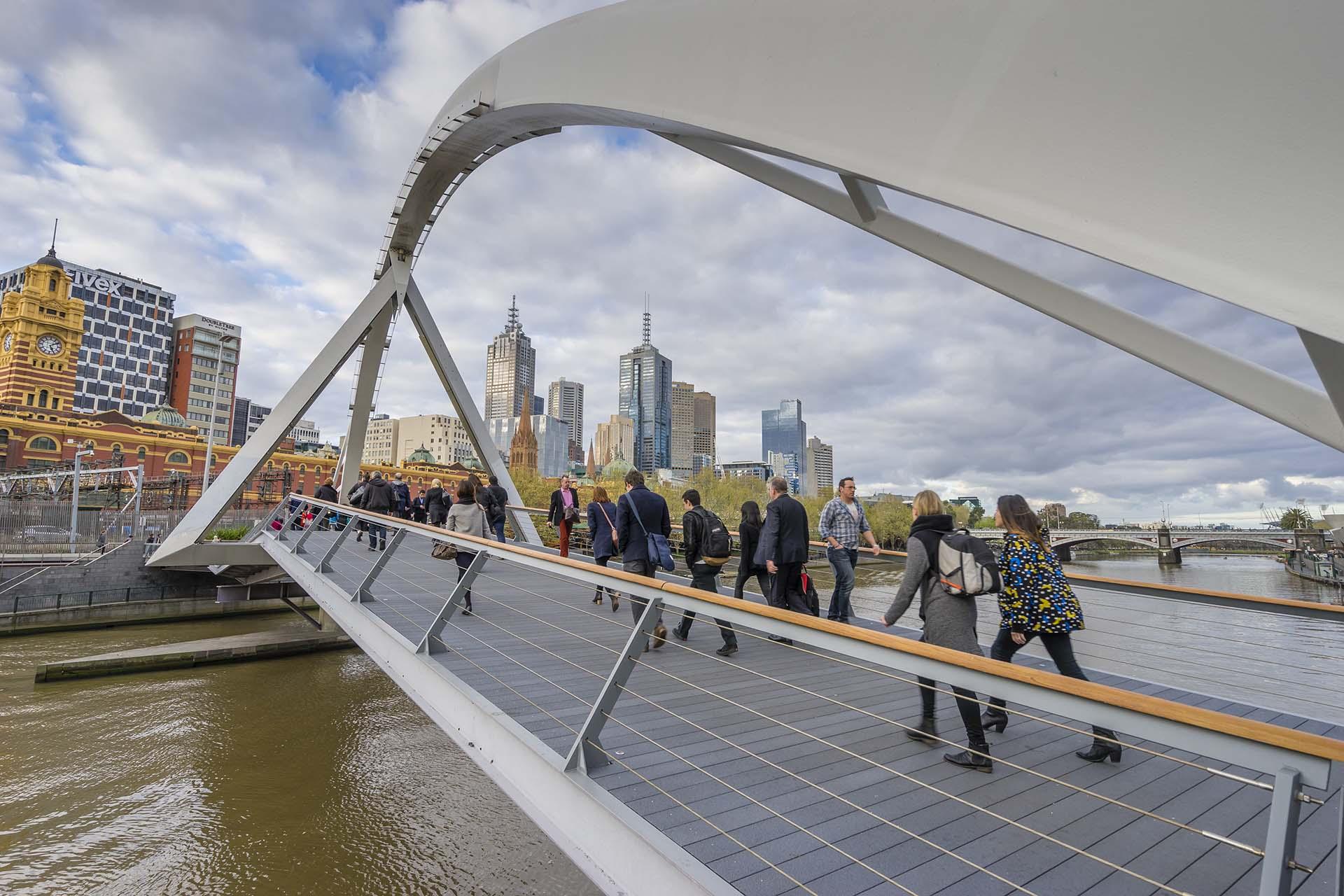
News
Inadequate remote housing coupled with climate change will increase health risks for Indigenous families: report
Indigenous regional and remote communities will experience the negative impacts of climate change earlier and disproportionately, compared with most urban Australian settings, according to new AHURI research.
AHURI's National Cities Conference this November
After a number of false starts resulting from COVID-19, we are very pleased to announce that our National Cities Conference, Uncharted urban futures: Australian cities post pandemic, will go ahead on Thursday 18 November 2021.
New research examines Australian population growth patterns
While Australia’s population growth has generally aligned with government projections there were significant population increases on the outer edges and inner-city areas of our major cities, new AHURI research has revealed.
Poor transition processes are driving young care leavers into homelessness: report
Four years after leaving state administered out-of-home care (OHC), young people are facing soaring rates of homelessness, hospital presentations and admissions for mental health concerns or self-harm and interactions with the justice system, AHURI research has revealed.
Welcome to the new AHURI website
We are pleased to launch the brand new AHURI website – delivered as part of our ongoing commitment to ensuring our research, policy analysis and housing and urban industry news is accessible to our audiences. We have made some important changes that we hope will make your experience more enjoyable, and most importantly, better connect you with the research you are looking for.





